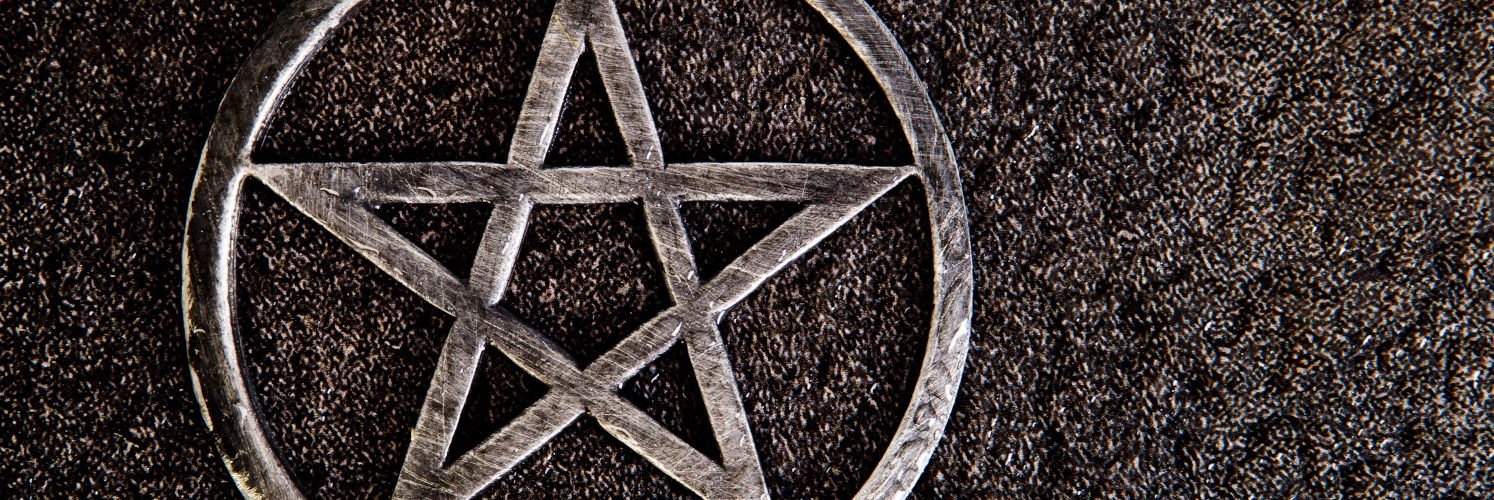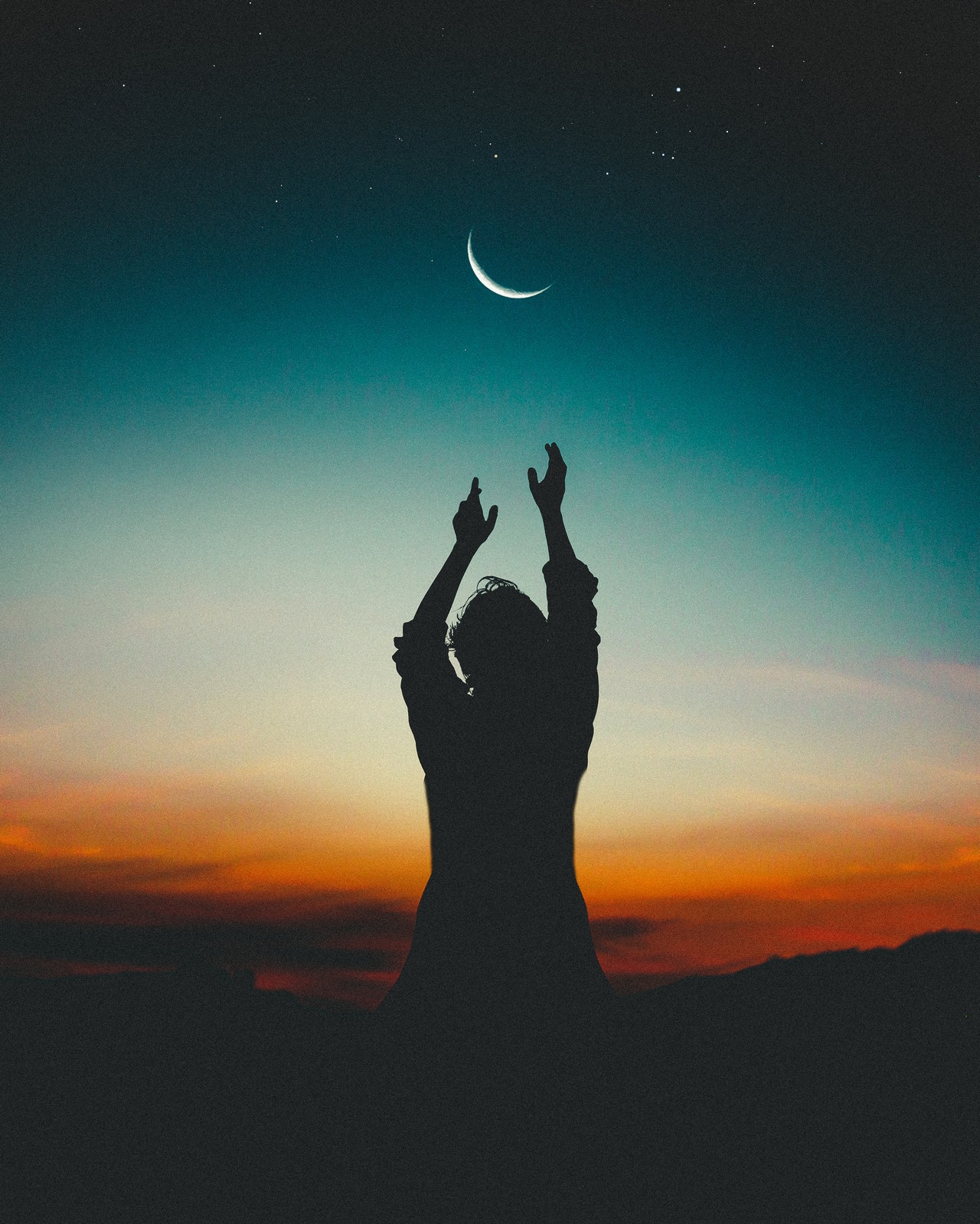The Kingdom of Heaven is in this very moment, properly understood. I don’t remember now whether I heard that in a college religion course or at a sermon one Sunday as a child, but it has stuck with me for decades. I’ve interpreted it in various ways over the years, but I’ve come to understand it now as a call to look at things in new and liberating ways, to shift our reality from one way of thinking to another. And isn’t that what we do as witches? It’s easy when we see it as meditation or trance or entering a sacred mindset. But what about the simple act of changing our relationship with a mundane situation to respond to it rather than react to it, to experience it on a different level, to take off the blinders and gaze at the wonder surrounding us?
Reality is multilayered. The entire universe is held together by the laws of physics and mutual agreement. It’s more than atoms and subatomic particles and electromagnetism and gravity. It’s also culture, belief, and experience. The inner universe of our minds, hearts, and spirits is reflected outwardly in the world and how we interact with it — but those reflections don’t always agree with one another. They exist together, they might even mesh well together in places, but one person’s reality is always going to be different from another person’s reality because each person has lived life differently. Even children reared in the same household disagree on shared experiences or values. That’s because each child’s reality is different. And each adult’s reality is different.
The reality of a Traditional Wiccan is vastly different from that of an Evangelical Christian. Yet the two realities exist together. They can collide in violent expressions of opinion, but neither side is going to destroy the reality of the other. That’s because when enough people believe in a certain way, the resulting reality takes on a life and a tangibility of its own. Understanding that fact can go a long way toward helping people interact with others whose reality is different from their own — not just in terms of religious belief but in terms of race, color, sex, gender, class, disability, and many other realities, especially when and where those realities intersect. There is great value in understanding the realities of others because that understanding can help you respond rather than react, to have sympathy rather than disdain, to act benevolently rather than maliciously, to see opportunities to work collaboratively and for the good of all.
Now obviously that’s an idealistic representation of interpersonal relationships. If everybody acted in this way, we’d have world peace before the end of the week. That is not possible. But it is something to strive for. And it does teach us how interconnected our realities are, how our actions affect others, and how there’s more than one way to look at a situation. We will not see the eradication of poverty, the overthrowing of racism, the downfall of sexism, or the obliteration of bigotry in our lifetime. But, as Bridges McCall reminds us, “You are not obligated to complete the work, but neither are you free to abandon it.” Those of us who are bound to the Great Work of lifetimes — whether we’re Wiccan or Jewish or Buddhist or some other tradition — understand that we’ll not see the harvest of what we’ve sown with mortal eyes, but we will see the signs that our crop is growing well.
As a Wiccan, I’m charged to harm none, to strive toward my highest ideal, to seek the Divine within myself, to serve the Gods, to preserve the Craft. Other witches will have other callings. But we share a reality that’s subtle, magickal, formed of many layers. A plant reality. An animal reality. A mineral reality. A spirit reality. We walk in these worlds as we go through our daily lives, listening, interacting, responding.
The wonder is there for those who have the eyes to look. The magick is alive and waiting for you. The Kingdom of Heaven is in this very moment, properly understood.

